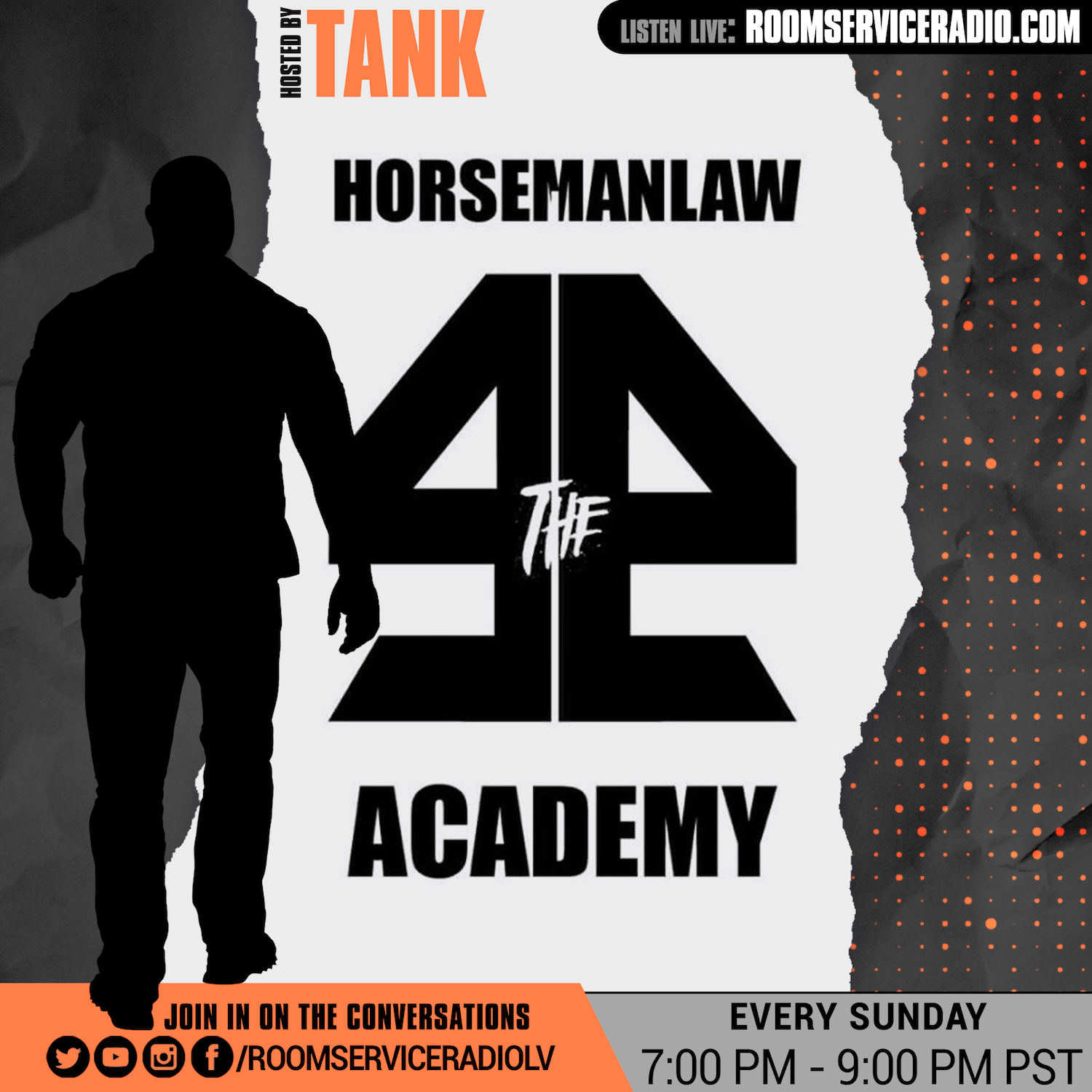
The Supreme Court Just Ruled In Favor of Fuct
Is Fuct free speech or is free speech Fuct? This morning the Supreme Court answered the question posed by Erik Brunetti and his skate brand Fuct, ruling 6-3 that a federal ban on registration of immoral or scandalous trademarks violates the First Amendment. Justice Kagan delivered the majority opinion, joined by Justices Thomas, Ginsburg, Alito, Gorsuch, and Kavanaugh. Chief Justice Roberts and Justices Sotomayor and Breyer filed opinions concurring in part and dissenting in part.
The immediate upside: Brunetti will now be able to obtain a federal trademark for Fuct, a protection that had been previously denied to him based on the Truman-era Lanham Act, which allowed the government to refuse registration of trademarks that consist of “scandalous” or “immoral” material. The ideologically diverse majority found common ground in ruling for Brunetti. “The government may not discriminate against speech based on the ideas or opinions it conveys,” writes Kagan, thus determining that the provision infringes on the First Amendment.
Iancu v. Brunetti inspired unusual interest in legal and political circles, even for a potentially precedent-setting free speech case. The word at the heart of the case was not allowed to be uttered in the solemn marble court during oral arguments in January, and each attempt to dance around it inspired giggles in the gallery and consternation among the justices. (In the majority opinion, Kagan writes: “the mark … is pronounced as four letters, one after the other: F-U-C-T.”)
Fuct founder Erik Brunetti
It was clear, too, that the government lawyers and professional court watchers didn’t really know what to make of Brunetti and his lawyer, John Sommer. Brunetti, a long-haired former graffiti bomber and professional provocateur, wore gold cowboy boots to the Supreme Court. Sommer’s day job is at Stüssy, where he serves as in-house counsel. As Brunetti described it, the case might as well have been called The Heads v. The Feds.
“This ruling is a victory for the First Amendment,” said ACLU attorney Emerson Sykes, who filed an amicus brief in support of Brunetti. “Government bureaucrats should not be deciding what speech is or is not deserving of trademark protection based on what they consider to be too ‘scandalous’ and ‘immoral.’ That is, at its heart, government suppression of speech based on the viewpoint expressed. It is also, as the Supreme Court today reaffirmed, unconstitutional.”
But the heads’ fight may not actually be over. In his concurring opinion, Alito leaves the door open for Congress to one day ban the registration of vulgar trademarks: “Our decision does not
prevent Congress from adopting a more carefully focused statute that precludes the registration of marks containing vulgar terms that play no real part in the expression of ideas. The particular mark in question in this case,” he continues, “could be denied registration under such a statute.”
Article written by Samuel Hine #GQ












